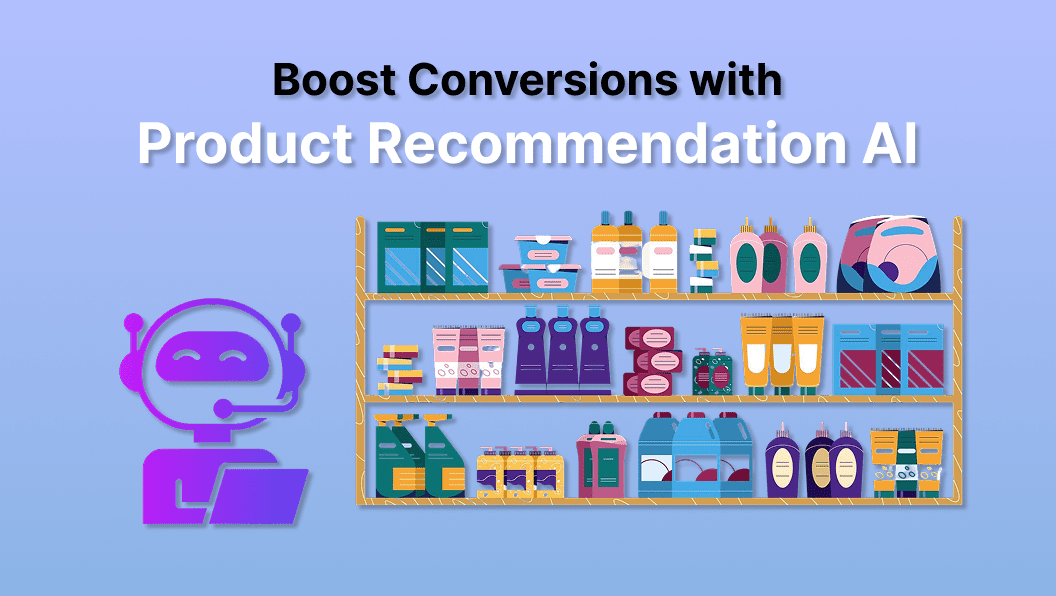As the business grows, a key challenge is maintaining consistent customer service. Your new and existing enterprise clients require personalized attention, quality, and speed in their customer support experience. In fact, 80% of B2B purchases are influenced by customer experience.
Scaling customer support teams is easier said than done. You want to hire the right number of employees, train them effectively, maintain consistent service quality across channels, and optimize the budget.
What if you could scale support operations by getting more done with less? That's what AI-driven customer service has to offer. It brings automation and efficiency in support operations, which CS leaders value the most today.
Furthermore, did you know that for every $1 spent on AI support, businesses save $5 in operational costs? In this guide, we have shortlisted 9 AI-driven tips to scale customer service and achieve top-notch B2B support efficiency. You will discover actionable steps and real-world examples to drive efficiency and client satisfaction. But first, let's clarify what the right time to scale support operations is.
When to Scale Customer Support Teams?
The goal of scaling customer support teams is to expand service operations to strike a balance between fulfilling customer service demands and maximizing operational efficiency.
Scaling support operations becomes necessary when:
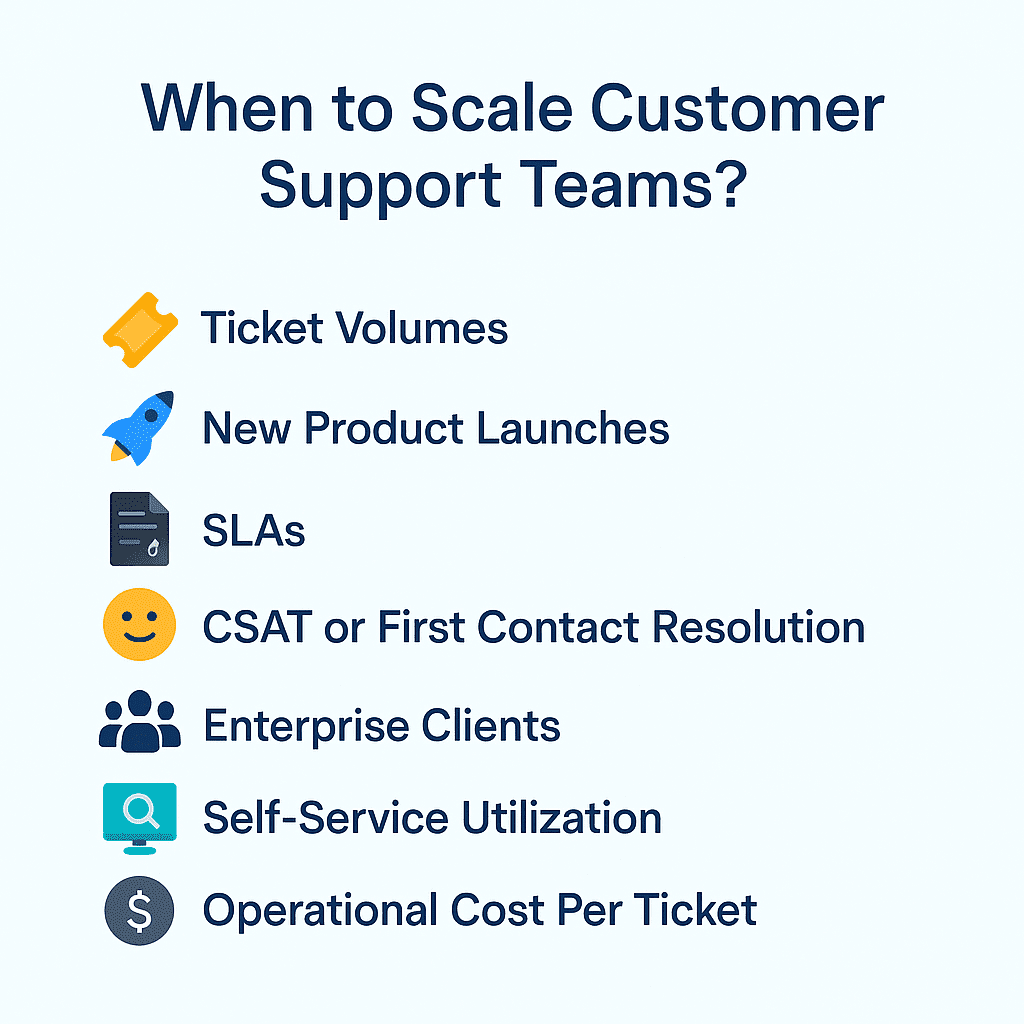
- Ticket volumes outpace current support team capacity.
- New product launches or market expansion increase client inquiries.
- Service-level agreements (SLAs) are at risk of breaches.
- CSAT or first contact resolution rates begin to drop.
- Enterprise clients demand faster and more personalized support.
- Self-service utilization is declining.
- Operational cost per ticket is increasing.
If the above factors are what you are noticing in your customer service operations, it's time to scale your support team strategically.
Pro Tip: Keep a close eye on key indicators, like support backlog, agent utilization rates, CSAT, and others, to proactively plan scaling before service quality dips.
9 AI-Driven Strategies to Scale Customer Support Teams Efficiently
When we think about scaling customer support teams in the past, it was usually related to increasing the manpower and in-house computing resources to handle more inquiries. However, increasing manpower alone is not enough now. Today, 9 out of 10 businesses compete on purely customer experience alone.
AI integration in customer service has revolutionized how businesses offer support services to enterprise clients. AI brings automated resolutions, faster and personalized responses, 24/7 availability, proactive outreach, and much more.
Therefore, we have shortlisted the 9 top AI-driven strategies to scale customer support teams for the best B2B support experience:
1. Deploy AI Assistants
If there is one strategy that could transform customer support scalability, it would be deploying AI assistants. These enterprise AI agents can take away a significant burden from human agents. They can operate 24/7, act as the first point of contact, auto-categorize tickets, draft responses, and automate the resolution of routine inquiries.
For example, Motel Rocks is a fashion brand that uses advanced AI chatbots to help customers serve themselves and let the team focus on complex queries. In addition, the AI also senses the mood of customers and displays their happiness level, so that the team can prioritize the neediest customers. All this resulted in 43% of deflected tickets, a 50% reduction in ticket volume, and 9.44% increase in customer satisfaction.
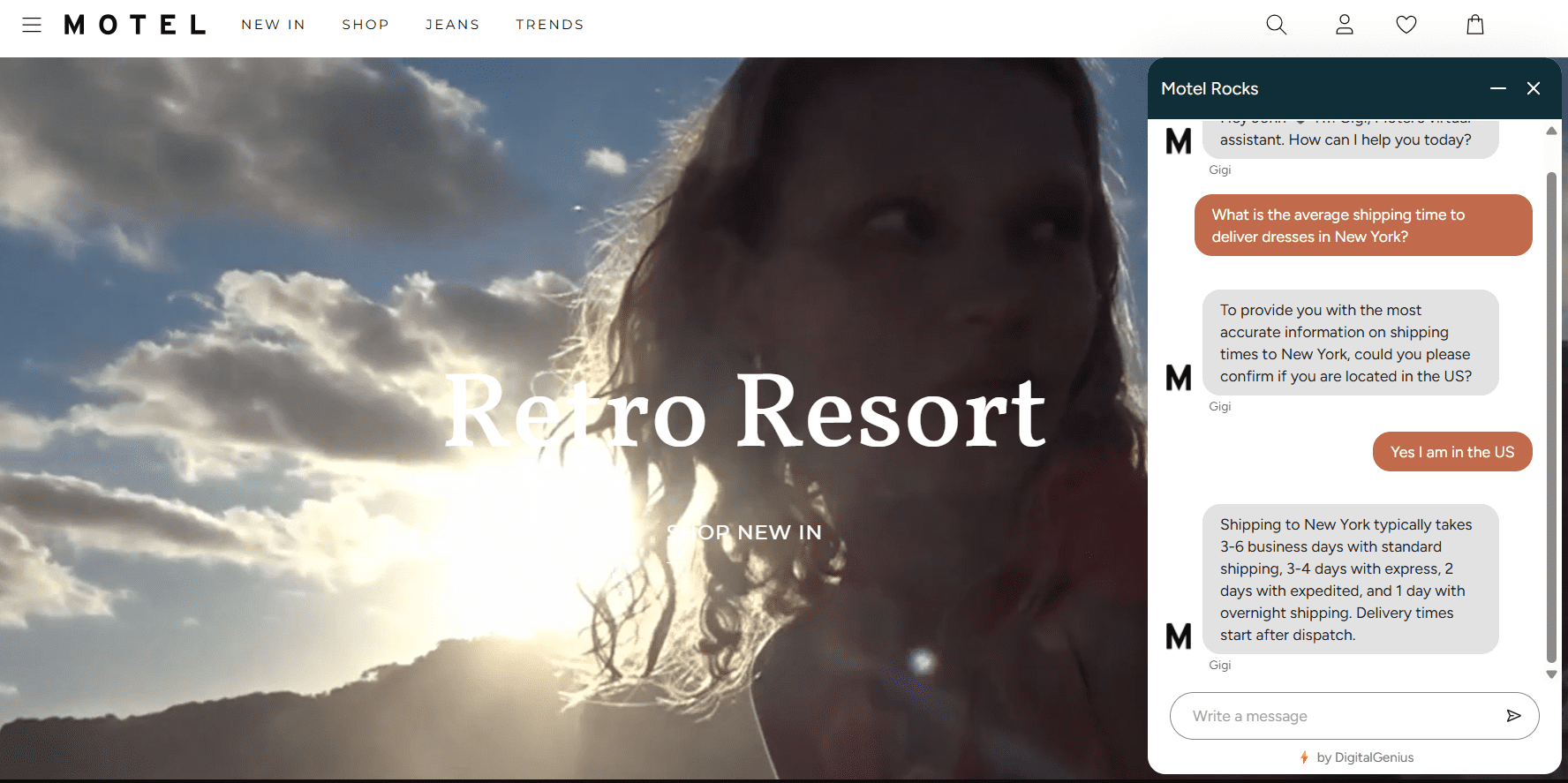
2. Build Tiered Support
Tiered support is an effective way to segment enterprise clients based on different factors, such as Annual Recurring Revenue (ARR), product usage, issue complexity, etc. Segmenting support into tiers allows AI to manage Tier 1 queries while escalating complex issues to specialized agents. This ensures high-value clients receive personalized attention and improves resolution times for all customers.
For example, Verizon deployed an AI system using Google's Gemini model, which achieved 95% comprehensive answerability for customer inquiries. In addition, there was a 40% increase in sales, as agents started focusing on upselling and complex support.
3. Launch Self-Service
Scaling customer support teams is also about empowering enterprise clients to self-service. Although AI agents offer some level of self-service, you should also create AI-curated knowledge bases and forums. These include regularly updated knowledge repositories, AI-powered search engines, interactive community forums, and more.
For example, Atlassian has built an extensive public knowledge base combined with active customer communities. It has helped the company reduce support inquiries to a great extent.

4. Assist Agents with Generative AI
Generative AI is a productivity booster for agents. It helps agents summarize tickets, draft responses, pull out information from the knowledge base, and much more. This reduces the workload of agents and increases the resolution time with a consistent service experience.
For example, ClickUp integrated Maven AGI’s Co-Pilot, which was built on ChatGPT. It provided instant ticket summaries and response suggestions, which increased reps' tickets resolved per hour by 25% within a week.

5. Automate Workflows
Customer support automation also demands intelligent and automated workflows. This includes escalating SLA breaches, triggering proactive check-ins, routing tickets, sending real-time status updates, and more.
For example, many companies use AI-driven workflow automation to monitor SLA compliance and escalate high-priority cases to senior agents. This proactive approach has helped their B2B support teams reduce SLA breaches and maintain higher satisfaction.
6. Use AI Analytics
When scaling customer support teams, make use of AI-driven analytics to optimize performance. You can track key metrics like First Contact Resolution (FCR), Customer Satisfaction Score (CSAT), Average Handling Time (AHT), and ticket deflection rates. Based on that, you can adjust your scalability initiatives to improve B2B support efficiency.
For example, AI agents built with GPTBots come with an analytics dashboard that presents key metrics and helps your organization optimize operations.
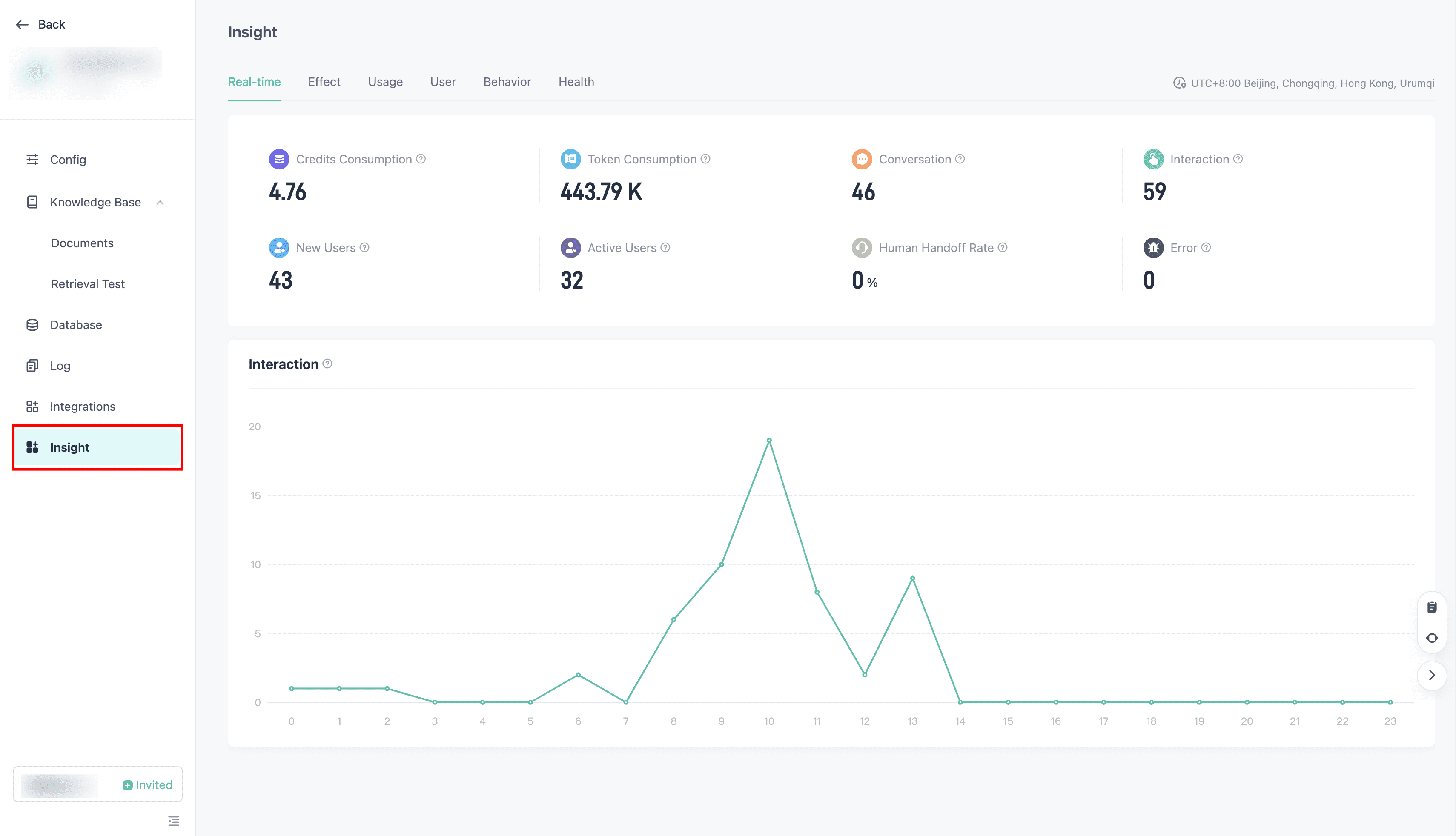
7. Implement Predictive Issue Resolution
AI-powered predictive analytics proactively identifies potential enterprise client issues by analyzing historical data, system logs, and usage patterns. It helps support teams address problems before they escalate.
For example, ServiceNow deployed predictive AI that analyzes client infrastructure data to flag configuration risks. It prevents 30-40% of potential incidents and results in a 40% reduction in downtime.
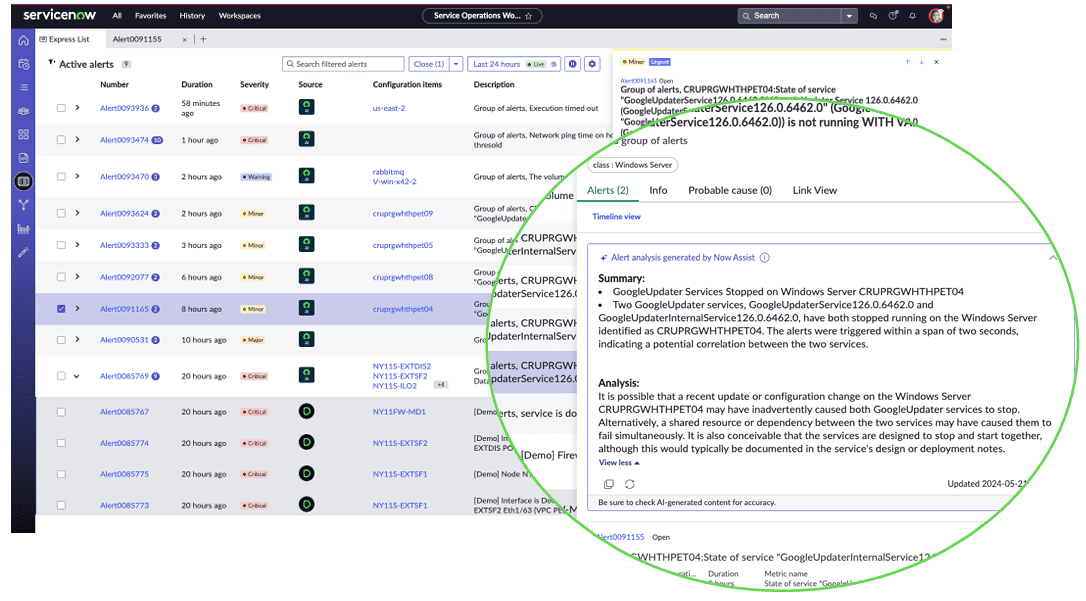
8. Develop AI-Coached Quality Assurance
Manual QA processes can only audit limited conversations, but AI-backed continuous monitoring can audit 100% of conversations. The non-stop agent-client interaction audit provides authentic feedback on tone, technical accuracy, and compliance. It identifies coaching gaps and even generates personalized training modules.
For example, Hexaware is a leading technology and business process services company. It adopted Genesys Cloud's AI-powered speech and text analytics to revolutionize its quality monitoring. The AI automates agent performance evaluations and identifies knowledge gaps, which enables targeted training programs. This led to a 7-9% improvement in service levels and a 12-15% boost in agent productivity.
9. Enable Multilingual AI Localization
AI-driven real-time translation and cultural adaptation eliminate language barriers for global B2B clients. It empowers support teams to handle more international inquiries without hiring multilingual staff.
For example, Lufthansa uses an AI-powered multilingual chatbot to provide consistent support in multiple languages for its global travelers.
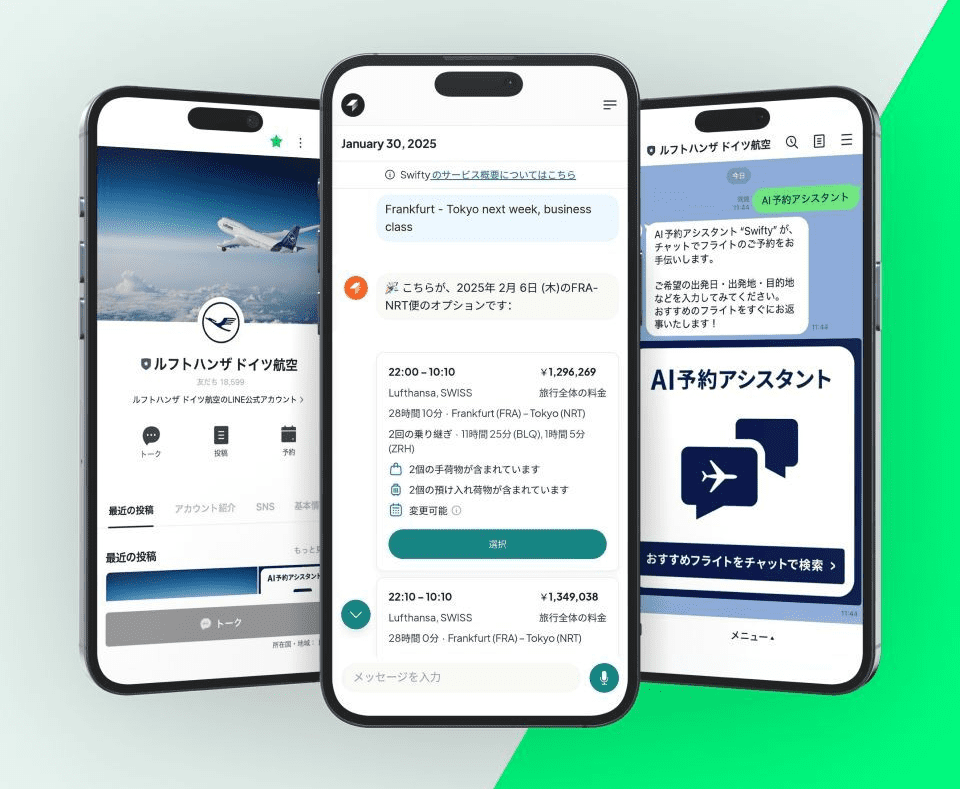
| Strategy | Key Actions |
|---|---|
| Deploy AI Assistants | Auto-categorize tickets, draft responses, automate routine inquiry resolution, operate 24/7 |
| Build Tiered Support | Segment clients by ARR/product usage/issue complexity; assign AI to Tier 1 queries, escalate complex issues |
| Launch Self-Service | Create AI-curated knowledge bases, interactive forums, AI-powered search engines |
| Assist Agents with Generative AI | Generative AI Summarize tickets, draft responses, pull info from the knowledge base to boost agent productivity |
| Automate Workflows | Escalate SLA breaches, trigger proactive check-ins, route tickets, send real-time status updates |
| Use AI Analytics | Track FCR, CSAT, AHT, ticket deflection to optimize support operations |
| Implement Predictive Issue Resolution | Analyze historical data and usage patterns to flag risks and prevent incidents |
| Develop AI-Coached Quality Assurance | Audit 100% of conversations for tone, accuracy, compliance, personalized coaching |
| Enable Multilingual AI Localization | Provide real-time translation and cultural adaptation for global support |
Pro Tip
GPTBots is your one-stop complete customer support scalability solution. It provides an all-in-one platform to build and deploy AI agents for self-service, smart routing, smooth human handoff, deep analytics, and multilingual support.

Scaling Customer Support Teams Examples in the Real World
Many companies across industries are scaling customer support teams with AI and achieving remarkable results.
1. Vodafone UK - TOBi AI Assistant
Vodafone UK is a leading telecommunications company. Its AI assistant TOBi handles over 1 million interactions monthly and reduces customer wait time significantly. It even resolves about 70% of issues on the first contact.

2. Aberdeen City Council - Microsoft 365 Copilot
Aberdeen City Council adopted Microsoft 365 Copilot to free up staff capacity to better assist residents. With the use of Copilot, they forecast a 241% ROI in time savings and improved productivity, which leads to about $3 million saved annually.
3. eye-oo - Tidio's Lyro AI
eye-oo is a multi-brand eyewear e-commerce platform. It used Tidio's Lyro AI to speed up the average response time and reduce the support agents' effort in answering FAQs. As a result, it achieved an 86% decrease in waiting times (from 5 minutes to 30 seconds) and 25% increase in sales.
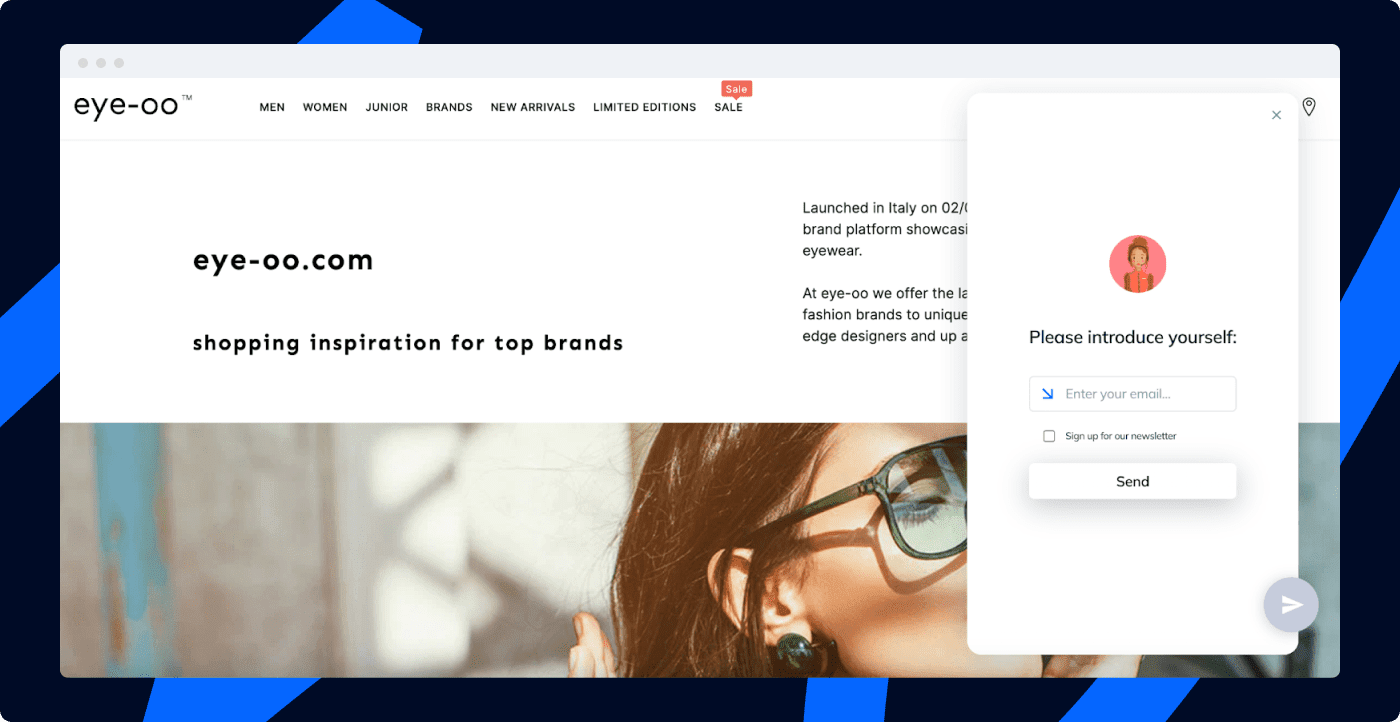
4. Drones E-commerce Store - GPTBots
A prominent drone e-commerce store struggled with its manual after-sales support system and turned to GPTBots to leverage AI. GPTBots developed an AI-driven solution, including automated issue categorization with FlowBot, automated order details extraction, step-by-step troubleshooting guidance, and seamless human-AI handoff. As a result, the e-commerce store achieved a 90% resolution rate and 30% cost savings.
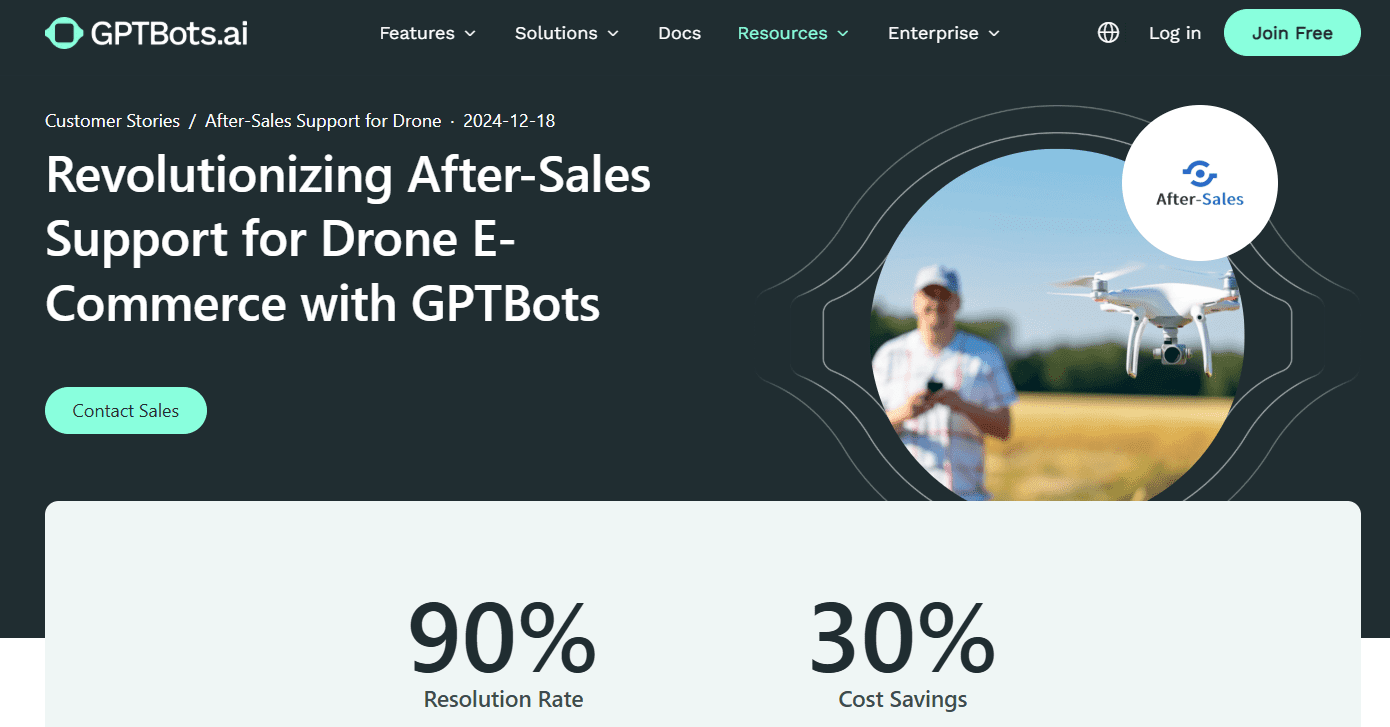
5. AirHelp - Zowie Chatbot
AirHelp is a well-known service that helps airline passengers get compensation from airlines for delayed, canceled, or overbooked flights. It built a chatbot that would collect requests, prioritize tickets based on urgency, and assign them to agents. As a result, it improved the average response time by up to 65%.
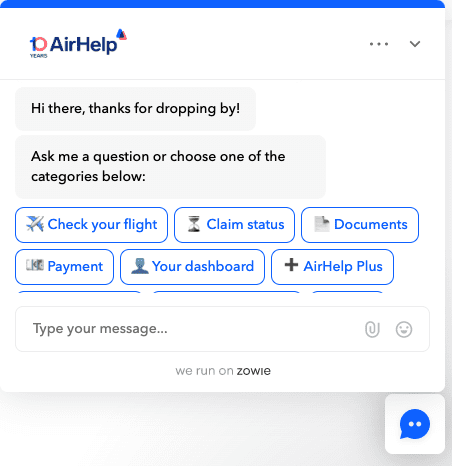
Pro Tip: Benchmark your scaling journey against industry leaders to identify gaps and opportunities.
Key Metrics to Track Success for Scalability Initiatives
Measure Impact—Not Just Activity
Scaling customer support teams without tracking key performance indicators (KPIs) is like navigating without a compass. To know your scalability efforts are delivering real impact, here are some key metrics to track success:
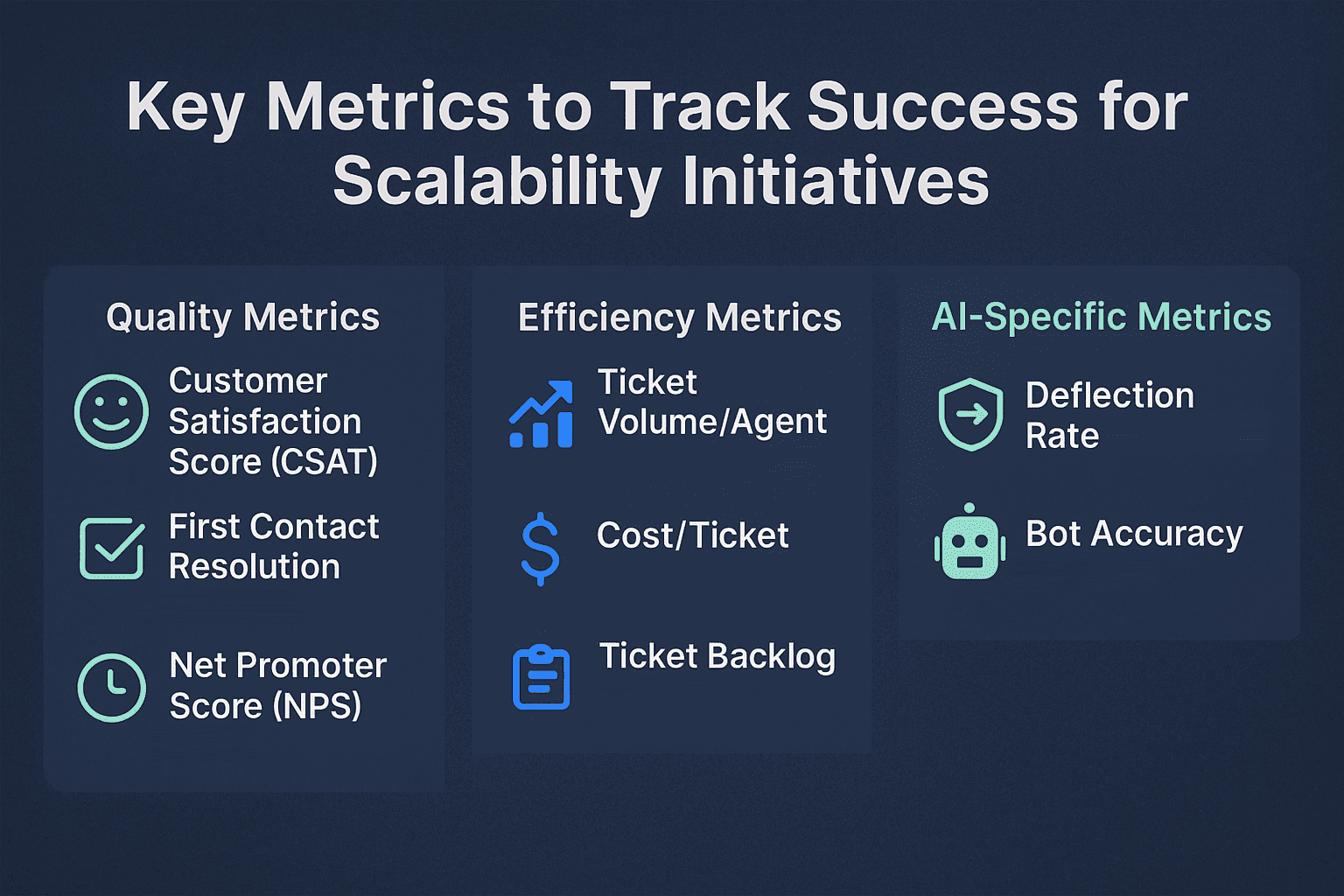
Quality Metrics
- Customer Satisfaction Score (CSAT) = >90%
- First Contact Resolution = >70%
- Net Promoter Score (NPS) = >50
- Average Resolution Time: <24 hours
Efficiency Metrics
- Ticket Volume/Agent = (↑ 30% with AI)
- Cost/Ticket = ↓ 50%
- Ticket Backlog = ↓ 50%
AI-Specific Metrics
- Deflection Rate = 40-60%
- Bot Accuracy = >85%
Pro Tip: Combine these metrics in a unified dashboard and monitor the balance between quality and efficiency. Using advanced AI platforms like GPTBots provides real-time insights on the performance of active AI agents, such as usage volume, effect, human handoff rate, etc.
Summary
McKinsey research highlights that improving customer experience leads to an increase in sales by up to 2-7% and profitability by up to 1-2%. Scaling customer support teams with AI-backed operations has become a critical driver for achieving these gains.
Companies using AI platforms are reporting 5x savings on support expenses with improved service quality. Therefore, it's time to equip your team with an enterprise AI agent like GPTBots to boost B2B support efficiency and gain a competitive edge.
Get a Custom Demo





